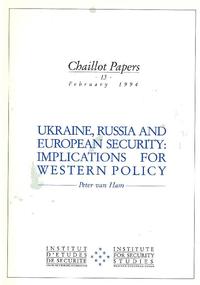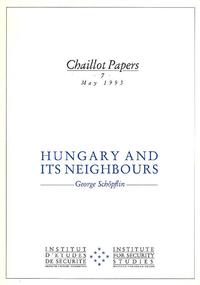Although the EU’s eastern neighbourhood is of strategic importance, the Union’s relations with the states of the region vary significantly.That said, there are high levels of interdependence between the EU and (virtually all of) its eastern neighbours in a number of different spheres - from trade and energy flows, to the joint management of security challenges and migration. The EU develops its policies in the region along two major strands - a strategic relationship with Russia, and the European Neighbourhood Policy (ENP) and Eastern Partnership (EaP) Policy in its relations with Ukraine, Moldova, Belarus, Georgia, Armenia and Azerbaijan.
Russia is the EU’s biggest neighbour – and one of its most important, but also challenging partners. Over the past 15 years, the EU and Russia have developed a deep and complex network of political ties and diplomatic contacts. Yet, Moscow’s actions in Ukraine have greatly strained EU-Russia relations in recent years: tensions around Ukraine now dominate a relationship which once was mostly built on fostering trade and energy cooperation, a security dialogue, and a process that aims at liberalising visas.Elsewhere in the eastern neighbourhood, the cornerstones of the EU policy are the Association Agreements, which contain provisions on the establishment of deep and comprehensive free trade areas. Such Agreements have been signed and are implemented by Ukraine, Moldova and Georgia. Relations with the other neighbours – Armenia, Azerbaijan and Belarus – are also advancing, but on a more modest scale than the frontrunners.

